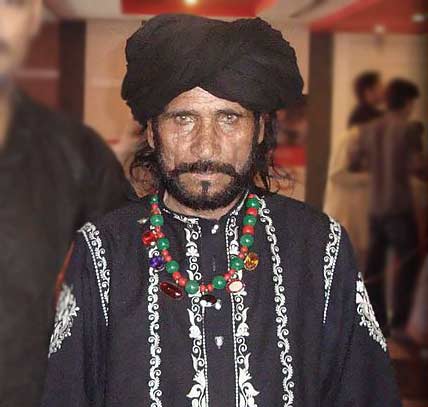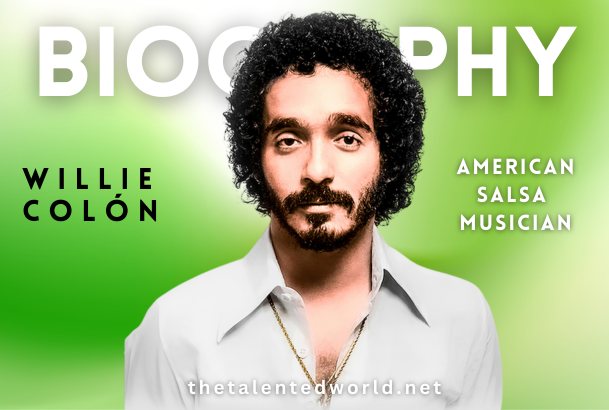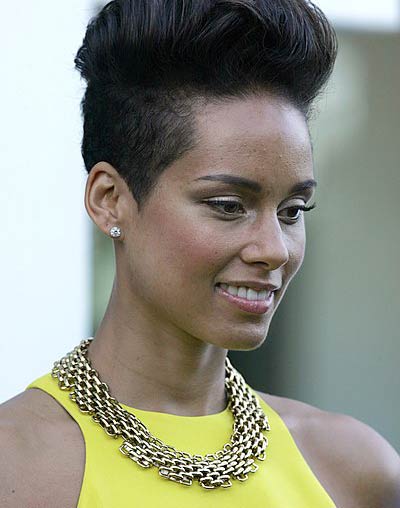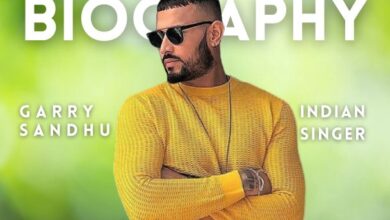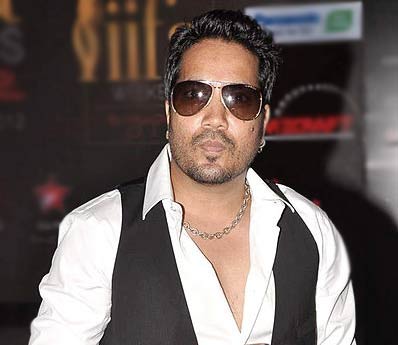| Full Name | Saieen Zahoor Ahmed or Ali Saain Shafiu |
| Born | 1936 |
| Birthplace | Sulemanki, Depalpur Tehsil, Okara district, Pakistan |
| Occupation(s) | Folk Musician, Folk Singer |
| Known For | His unique style with Ektara, Tumbi |
| Awards | – Pride of Performance Award by the President of Pakistan in 2020 – “Best Voice of the Year” Award in 2006 by BBC Music |
| Early Life | – Started singing at the age of five – Roamed Sufi shrines of Sindh and Punjab, making a living through singing – Studied music under Raunka Ali of Patiala Gharana |
| Net Worth | $1 Million |
| Musical Style | Known for his performances at Coke Studio (Pakistan) |
| Notable Performances | – Performed at the folk music festival arranged by the Rafi Peer Theatre Workshop in Lahore in 2009 |
| Upcoming Projects | Projects in Australia and New Zealand in October & November 2014 |
